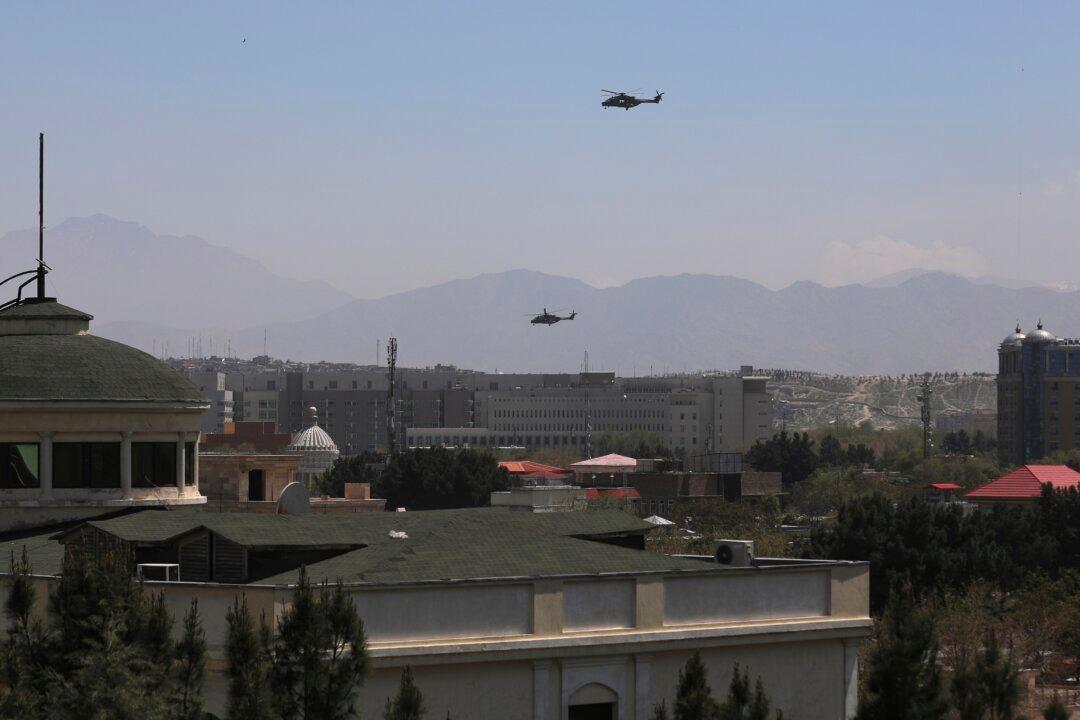The United States’ top general in Afghanistan says the U.S. military has already begun closing down operations in the country in preparation for a full withdrawal.
“All of our forces are now preparing to retrograde,” Army Gen. Austin Miller told Afghan journalists at an April 25 press conference in the capital, Kabul.





